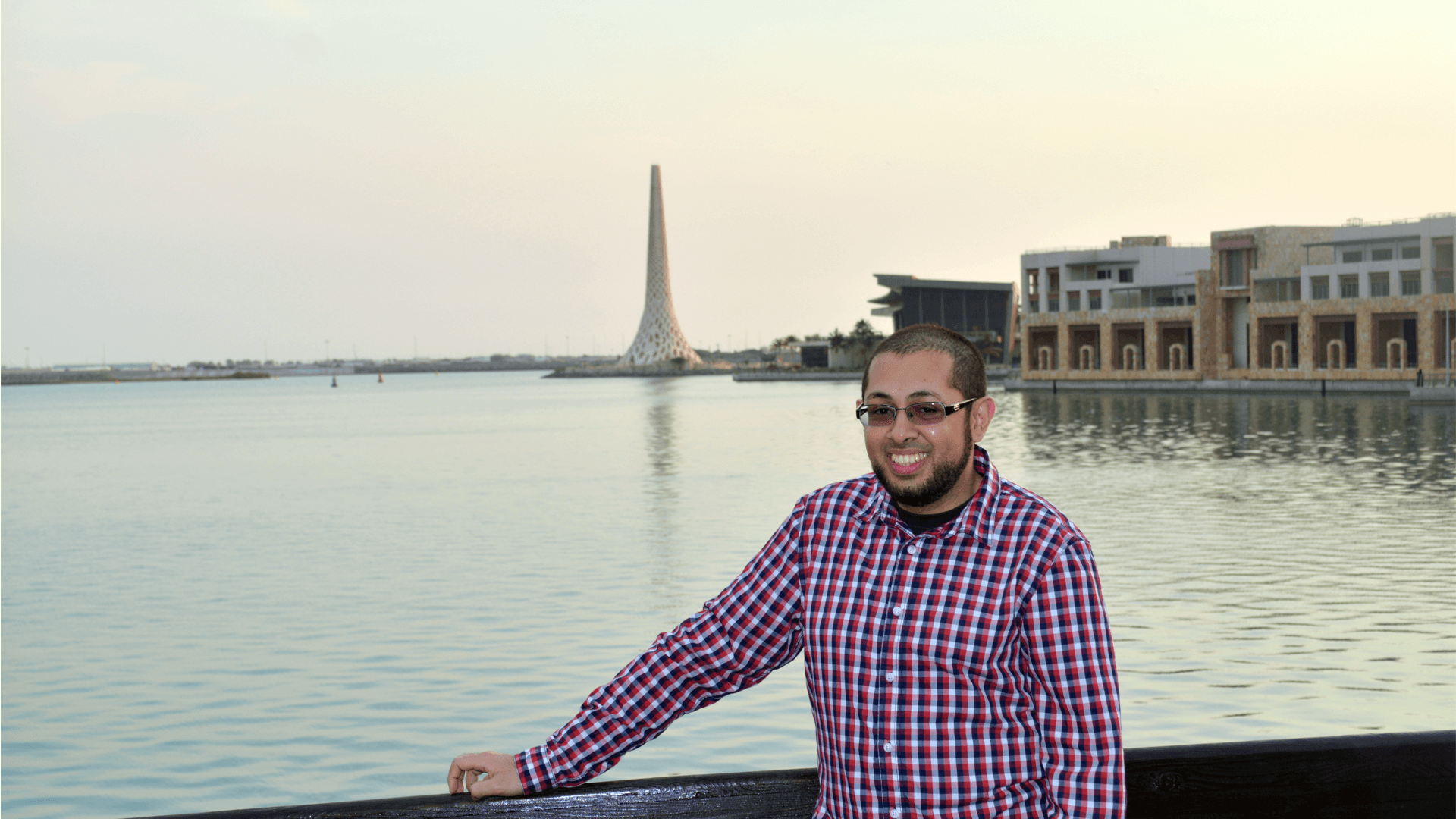Alumni Focus: Muhammed Sameed, M.S. 2012 - Material Science and Engineering

Muhammed Sameed is an engineer and physicist by training. He specializes in atomic physics, plasma physics and antimatter research. Sameed graduated from KAUST in December of 2012 with a master's degree in material science and engineering and is currently working as a research scientist at CERN, the European Organization for Nuclear Research, in Geneva, Switzerland. As part of CERN's ALPHA experiment, he creates exotic "antimatter" particles in the laboratory and studies their properties.
"My research efforts with the ALPHA experiment have returned excellent dividends so far: I presently have two publications in Nature and we are likely to publish at least two more high-impact articles before the end of the year. Antimatter research has just entered a new era of precision measurements, and I envisage excellent opportunities for KAUST students and graduates to be part of high-impact science at CERN in the coming years," he said.
Sameed completed his undergraduate studies at Cornell University in New York before joining KAUST as a master's student.
"My time at KAUST was one of intellectual self-awakening and finding my passion in research. Interacting and collaborating with students and faculty across disciplines, I had the good fortune of simultaneously experiencing research life from very diverse perspectives. This not only improved my communication skills but also enabled me to tap into the interdisciplinary intellectual capital available at KAUST. At CERN, I again find myself as an interdisciplinary researcher in a place where engineering, physics, mathematics and computing intersect at the cutting edge of science," he said.
Sameed's advice to students is to be fearless about pushing boundaries and seeking opportunities in the most unlikely of places, no matter how unconventional they seem.
"During my academic career, I noticed that most students put restrictions on themselves. They only benefit from the limited opportunities that are presented to them. My advice is to create new paths, because, in my opinion, the well-taken paths have little to offer," he noted.
- By David Murphy, KAUST News.
Related stories
- Pioneering research from sea to space
- Sharing memories at 2016 Alumni Reunion Weekend
- Building minds at KAUST
- Inaugural in-Kingdom Alumni Chapter reunion held at KAUST
- A student's journey from KAUST to Stanford
- Former KAUST student featured in Nature

